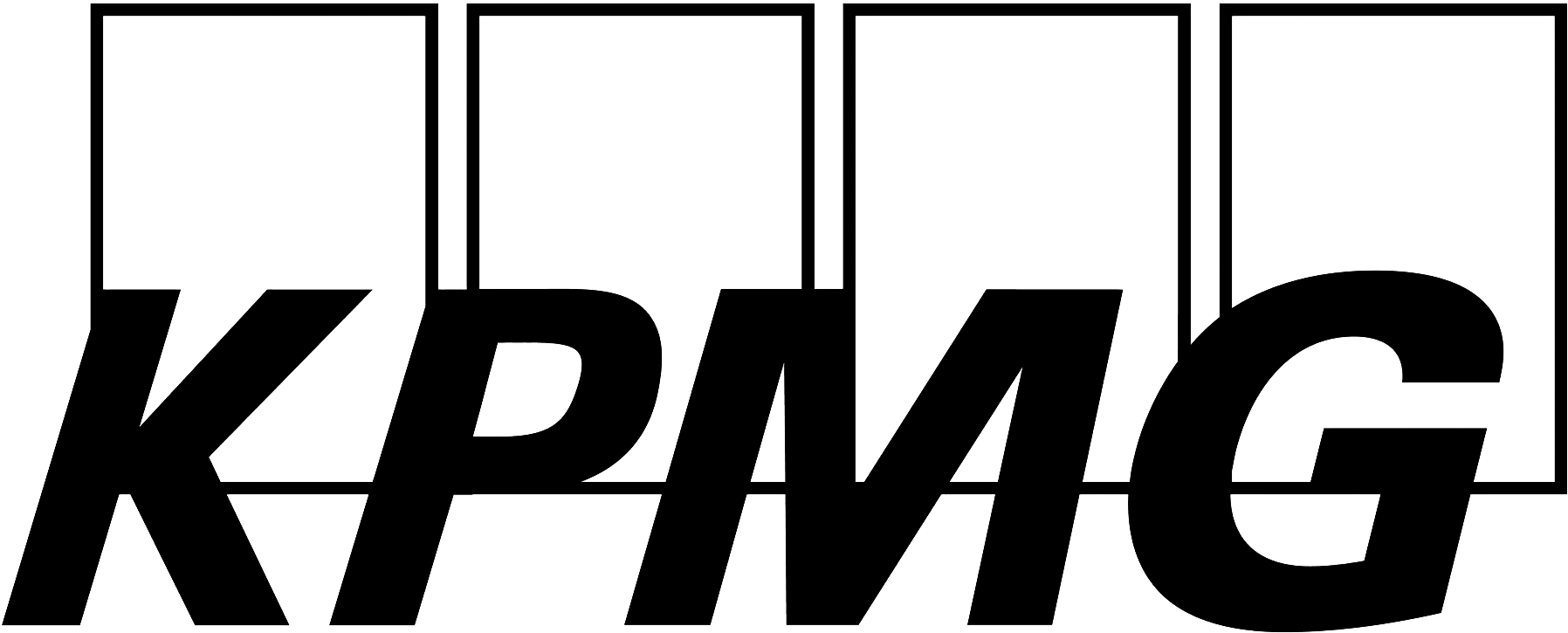
Labour Practices
Employees and volunteers are the most important stakeholders of any organization. Fair treatment of employees, respect for their rights, and promotion of a positive work environment improves staff morale, reduces turnover and absenteeism, and helps attract new talent. The key elements for your organization are:
- Providing fair compensation, benefits, and opportunities for career development.
- Implementing non-discrimination policies and promoting diversity, equity and inclusion.
- Creating a safe and healthy work environment that complies with relevant health and safety regulations.
- Providing reasonable working hours, rest breaks, and opportunities for work-life balance.
- Encouraging open communication and ensuring that employees have a voice in the workplace.
- Implementing ethical recruitment practices, such as avoiding the use of forced or child labor.
- Providing opportunities for professional development and skill-building.
- Promoting positive employee relations and avoiding any forms of harassment or abuse.
I’d like to learn more about…
Providing fair wages, benefits, and career development opportunities to employees has many benefits. It makes an employer more competitive in the labour market, especially when unemployment is low, skilled workers are in demand, and labour can be more “footloose” and willing to change employers for better pay. Half of working Canadians in 2023 said they were looking for a new job, and higher wages, better benefits, and advancement opportunities were the top three reasons given.
80% of Canadian employers enhanced their total compensation packages in 2022, up from 63% in the previous two years. The most common enhancement was base salary, with 58% of survey respondents indicating that they’d increased wages.

Market Research
Conducting market research will help you determine the going rate for compensation and benefits in your industry and location. This information can help ensure that employees are paid fairly.
- Statistics Canada compiles data on hourly rates of compensation for occupations in Canada and in provinces which can help set a baseline.
- Organizations such as Workforce Collective and Niagara Region Economic Development collect local data on wages.
- Job Bank Canada offers wage data for occupations and across cities.
- Payscale offers wage comparisons for different occupations with consideration for skills and experience, which can help narrow down an offer.

Transparent compensation
A transparent compensation system clearly outlines how salaries and bonuses are determined. Using a transparent system means every employee knows why they are paid as they are, and promotes a sense of fairness. This does not mean finding out what co-workers make – a transparent compensation system is much more than that.
Employers need a published compensation system and defined salary grades, and every employee should be able to see how their salary was determined from that system. Employers can also consider sharing company-wide compensation details, such as who receives bonuses, commissions, stock options, and so forth, and on what basis. Employers should encourage open communication between employees and management to ensure that concerns about compensation, benefits, and career development are addressed promptly and fairly.

Benefits
Consider offering benefits and making them relevant and valuable to your employees. This could include health insurance, retirement plans, and paid time off.
28% of employers said they were enhancing benefits in 2022, and 39% of employees looking for new opportunities were seeking a better benefits package.
- Members of the GNCC can opt into the Chambers Group Insurance Plan, which is optimized for organizations with fewer than 100 employees.

Career development opportunities
Good career development opportunities allow employees to acquire new skills and grow professionally. This could include training programs, mentorship, and job rotation programs.
- Brock University is one of many Ontario universities offering micro-credential programs that can help employees enhance their skills and develop their career while working.

Performance reviews
Regular performance reviews give employees feedback on their work and identify areas for improvement. This can also help determine promotions and pay increases based on merit. A basic performance review should include attendance, attitude, communication, customer service (if applicable), delegation (if the employee leads a team), interpersonal skills and teamwork, meeting goals and deadlines, and productivity.
Reviews can be graded with letters, percentages, or scores. Managers may choose to hold reviews with varying frequency; an annual review can be combined with a monthly or quarterly “check-in.”
Implementing non-discrimination and diversity, equity, and inclusion (DEI) policies is not only crucial for creating a workplace that values and respects all employees, but is a valuable practice for attracting and retaining talent. Employees from diverse backgrounds want to be respected and valued.

Assess current policies
Employers should review current policies and practices to identify any areas that may be discriminatory or exclusionary. This includes reviewing job descriptions, hiring practices, promotion policies, and employee benefits.
Train employees
Employers can offer training to all employees on topics related to non-discrimination and EDI. This can include training on unconscious bias, microaggressions, and how to create an inclusive workplace culture.
Develop an inclusive recruitment process
Employers should create job descriptions that are inclusive and attract diverse candidates. This includes using gender-neutral language, avoiding discriminatory language, and including a statement that the company values diversity and inclusion.
Promote diversity at all levels
Employers should ensure that their workplace reflects diversity at all levels, including management and leadership positions. This can be achieved by implementing affirmative action policies, setting diversity targets, and actively seeking out and recruiting diverse candidates.
Review employee benefits
Employers should review their employee benefits to ensure that they are inclusive and provide equal opportunities for all employees. This includes reviewing policies around parental leave, flexible work arrangements, and accommodations for employees with disabilities.
Create a safe and inclusive workplace
Employers should create a safe and inclusive workplace by implementing anti-harassment and anti-discrimination policies, providing clear channels for reporting incidents, and taking swift action to address any violations.
Monitor and evaluate progress
Employers should regularly monitor and evaluate their non-discrimination and EDI policies to ensure they are effective and making progress towards creating a more inclusive workplace.
Employees will feel valued and included when they can communicate their thoughts and ideas, and feel heard in doing so. Doing this successfully requires more than an “open-door-policy statement,” however. Mechanisms must be put in place through which employees can speak up. Employers can encourage open communication and ensure that employees have a voice in the workplace in many ways.
Create a culture of transparency
By creating a culture of transparency and openness, employees will feel comfortable speaking up and sharing their thoughts and ideas. Offer regular training and education on communication skills and conflict resolution. Encourage open communication between management and employees, including regular check-ins and performance evaluations.
Provide multiple feedback channels
An employer can provide multiple channels for employees to provide feedback, such as regular surveys, suggestion boxes, and open forums. One of these should be a confidential reporting mechanism for employees to raise concerns without fear of retaliation.

Listen to employees
Encouraging active listening by management and team leaders, and respond to employee feedback in a timely and respectful manner. Set deadlines for responses and ensure that follow-up takes place when it needs to. Provide opportunities for employee involvement in decision-making processes, such as through employee committees or town hall meetings.
ESG in the News
Understanding Canada’s Air Quality Index
Canada’s Air Quality Health Index (AQHI) is an important tool for determining when your control measures should kick in. Download… more »
Webinar: Introduction to ESG
To enable Niagara businesses to go the extra mile in social responsibility, the Greater Niagara Chamber of Commerce (GNCC) and… more »
PenFinancial and Greater Niagara Chamber of Commerce launch Environmental, Social and Governance resource site for business
Investors, consumers, and workers alike are increasingly looking for enterprises that make a difference, have a positive impact, and are… more »






